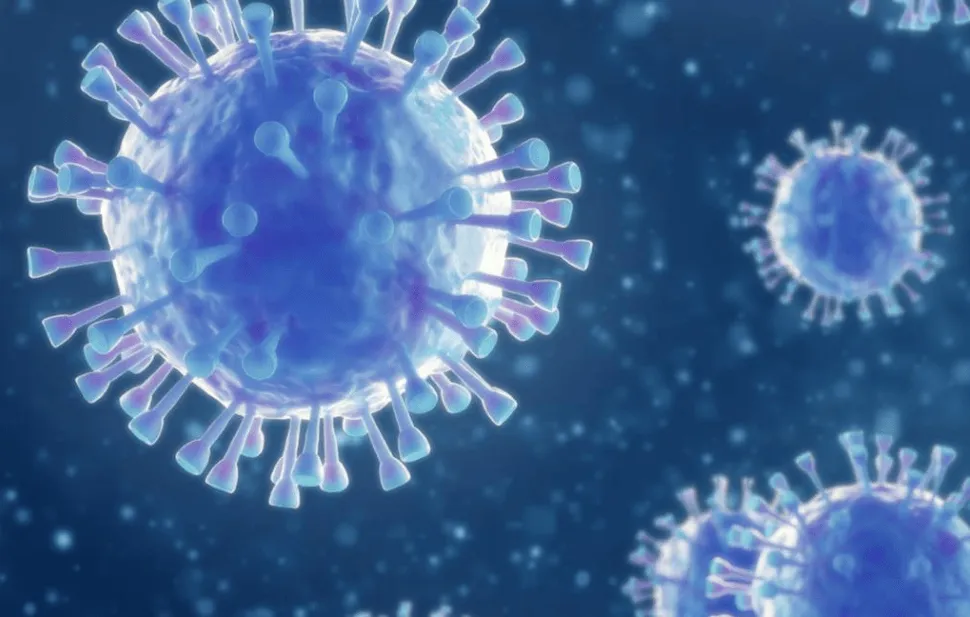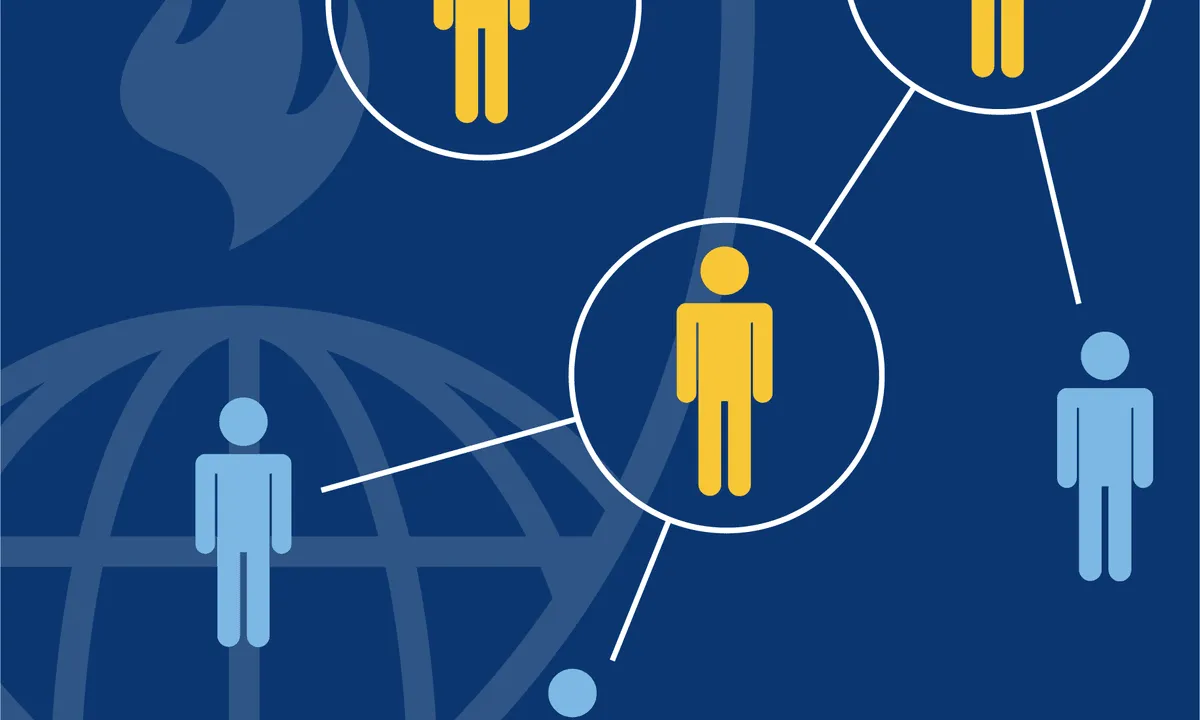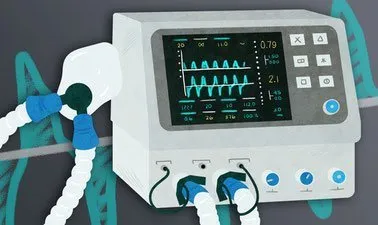
Introduction to COVID-19: methods for detection prevention response and control 
Explore the essentials of Introduction to COVID-19: methods for detection, prevention, response and control ▼
ADVERTISEMENT
Course Feature
![]() Cost:
Cost:
Free
![]() Provider:
Provider:
OpenWHO
![]() Certificate:
Certificate:
Free Certification
![]() Language:
Language:
English
![]() Start Date:
Start Date:
On-Demand
Course Overview
❗The content presented here is sourced directly from OpenWHO platform. For comprehensive course details, including enrollment information, simply click on the 'Go to class' link on our website.
Updated in [May 19th, 2023]
This course provides an introduction to COVID-19, including methods for detection, prevention, response and control. It is designed for public health professionals, incident managers and personnel working for the United Nations, international organizations and NGOs. The course covers topics such as the epidemiology of COVID-19, the clinical features of the disease, the laboratory diagnosis of the virus, the principles of infection prevention and control, and the principles of vaccine development. It also provides an overview of the current guidance on antigen rapid diagnostic testing and vaccination. The course is regularly updated to reflect the most recent guidance.
[Applications]
After completing this course, participants should be able to apply the knowledge and skills acquired to their own context, including the implementation of appropriate detection, prevention, response and control measures for COVID-19. Participants should also be able to identify and access additional resources for further information and guidance.
[Career Paths]
Job position paths recommended for learners of this course include:
1) Public Health Professional: Public health professionals are responsible for developing and implementing strategies to protect and improve the health of individuals and communities. They work to identify and address health issues, develop and implement health policies, and provide education and outreach to the public. As the COVID-19 pandemic continues to evolve, public health professionals are playing an increasingly important role in helping to prevent and control the spread of the virus.
2) Incident Manager: Incident managers are responsible for managing the response to a crisis or emergency situation. In the context of the COVID-19 pandemic, incident managers are responsible for coordinating the response of multiple organizations and agencies to ensure that the most effective strategies are implemented to prevent and control the spread of the virus.
3) International Organization and NGO Personnel: International organizations and NGOs are playing an important role in responding to the COVID-19 pandemic. Personnel working for these organizations are responsible for providing support to affected communities, developing and implementing strategies to prevent and control the spread of the virus, and providing education and outreach to the public.
Developing trends in these job positions include the use of technology and data to inform decision-making, the use of innovative strategies to prevent and control the spread of the virus, and the need for increased collaboration between organizations and agencies.
[Education Paths]
Recommended degree paths for learners of this course include:
1) Public Health: Public health is a field of study that focuses on the health of populations and communities. It is a multidisciplinary field that combines the sciences, social sciences, and health care to promote health and prevent disease. Public health professionals are trained to understand the epidemiology of infectious diseases, such as COVID-19, and to develop strategies for prevention, detection, and control. Developing trends in public health include the use of data science and artificial intelligence to better understand and predict the spread of infectious diseases.
2) Epidemiology: Epidemiology is the study of the distribution and determinants of health-related states or events in specified populations, and the application of this study to the control of health problems. Epidemiologists are trained to understand the transmission dynamics of infectious diseases, such as COVID-19, and to develop strategies for prevention, detection, and control. Developing trends in epidemiology include the use of big data and machine learning to better understand and predict the spread of infectious diseases.
3) Infectious Disease: Infectious disease is a field of study that focuses on the diagnosis, treatment, and prevention of infectious diseases. Infectious disease specialists are trained to understand the biology of infectious agents, such as the novel coronavirus, and to develop strategies for prevention, detection, and control. Developing trends in infectious disease include the use of genomics and bioinformatics to better understand and predict the spread of infectious diseases.
4) Global Health: Global health is a field of study that focuses on the health of populations and communities on a global scale. It is a multidisciplinary field that combines the sciences, social sciences, and health care to promote health and prevent disease. Global health professionals are trained to understand the epidemiology of infectious diseases, such as COVID-19, and to develop strategies for prevention, detection, and control. Developing trends in global health include the use of digital health technologies to better understand and predict the spread of infectious diseases.
Course Provider

Provider OpenWHO's Stats at AZClass
Discussion and Reviews
0.0 (Based on 0 reviews)
Explore Similar Online Courses

Machine Learning APIs

Mastering Doctrine Relations

Python for Informatics: Exploring Information

Social Network Analysis

Introduction to Systematic Review and Meta-Analysis

The Analytics Edge

DCO042 - Python For Informatics

Causal Diagrams: Draw Your Assumptions Before Your Conclusions

Whole genome sequencing of bacterial genomes - tools and applications

COVID-19 Contact Tracing

Mechanical Ventilation for COVID-19


Start your review of Introduction to COVID-19: methods for detection prevention response and control